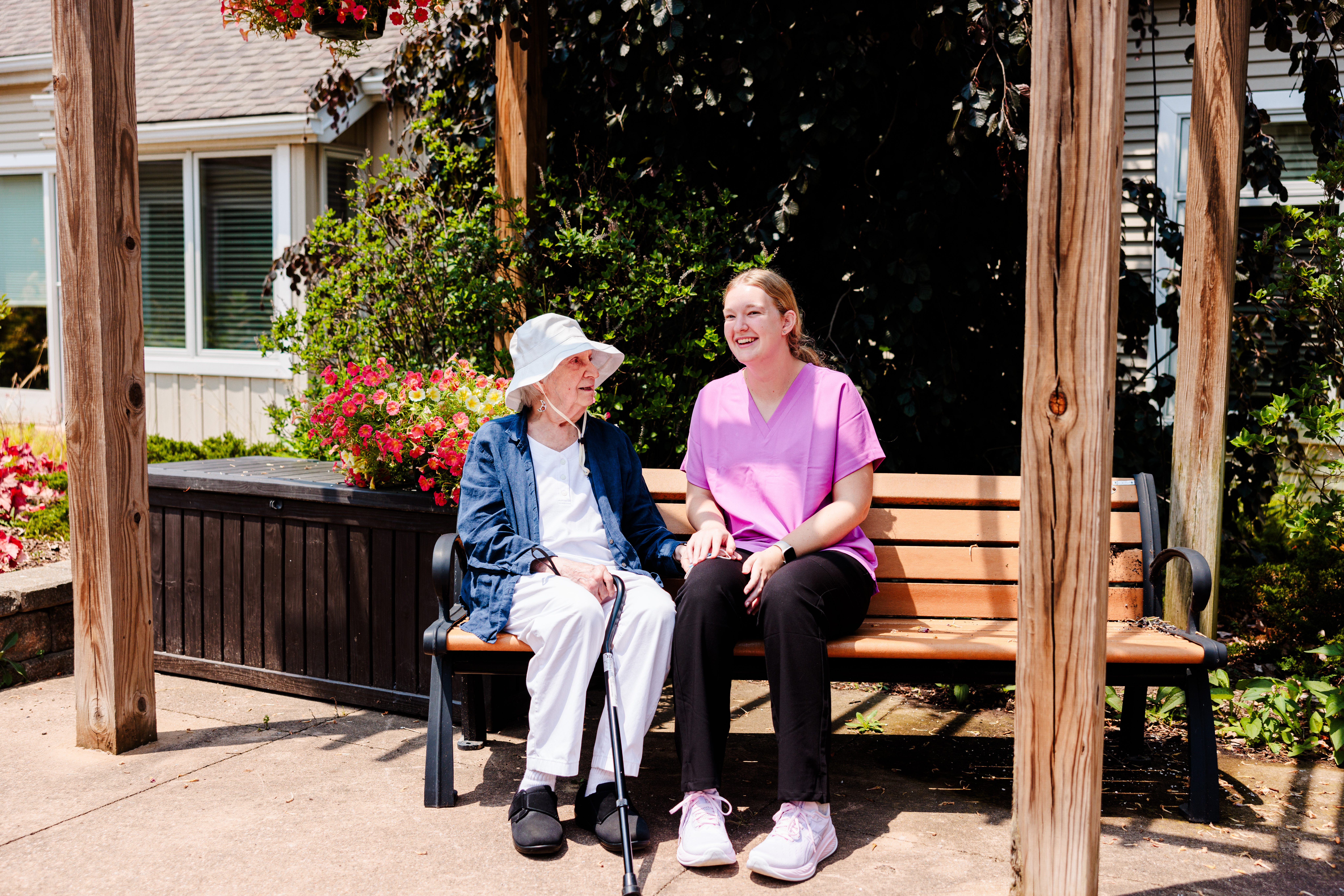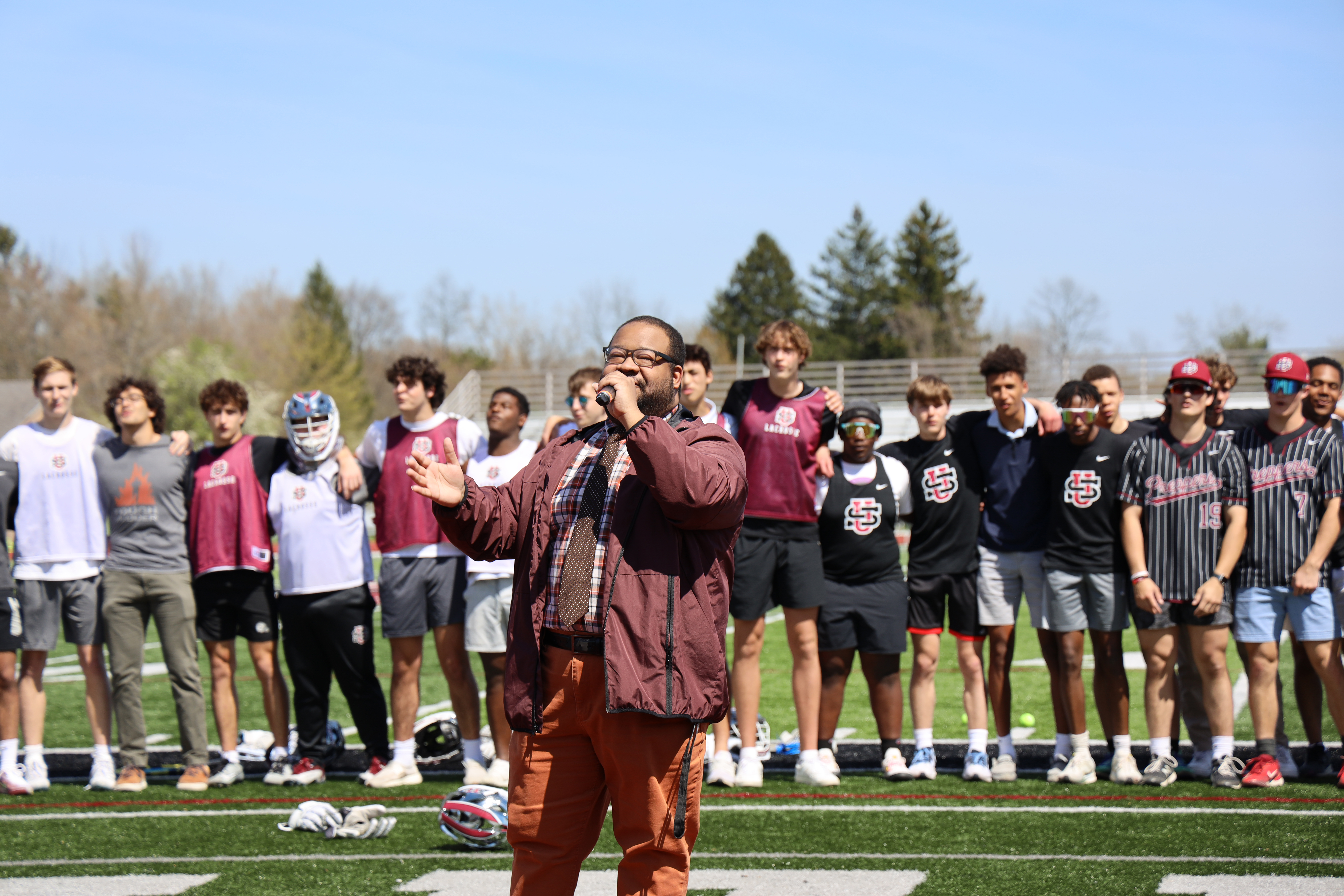Best Doctors 2013: Breaking the Code
by Barry Goodrich | Feb. 16, 2013 | 5:00 AM
Dr. Charis Eng's work requires someone who is equal parts Indiana Jones, Sherlock Holmes and Gregory House. She spends nearly 70 percent of her professional time in the lab leading a research team of technologists and medical students through mountains of genetic code extracted from the DNA of healthy individuals.
These gene hunters are looking for discrepancies and damage that would have gone undiscovered until now but help us better understand disease. Eng is a pioneer in the detection and treatment of cancer by identifying and testing for genetic mutations that indicate a cancer risk. For her, the new health care frontier is unlocking the secrets held within our own bodies.
"We all have 30,000 genes," says Eng, the founding director of the Cleveland Clinic's Lerner Research Institute's Genomic Medicine Institute. "They are like 30,000 encyclopedias — some with very small and some with very large volumes. When they have a page that is torn out, that is a genetic mutation."
Eng's reputation led both the Discovery Channel and the National Geographic Channel to recruit her for shows examining the medical histories of Joseph Merrick, better known as the Elephant Man, and Abraham Lincoln. She uncovered the mutated gene that was the root of Merrick's disfigurement, while Lincoln's DNA indicated a possible genetic mutation that lends credence to a theory that he was hiding a thyroid tumor at the time of his assassination.
"We are gene hunters in the sense that we actually search for genes and gene alterations that lead to an increased predisposition for specific cancers," explains Eng, one of just four formally trained clinical cancer geneticists in the United States. "An average of 10 to 15 percent of all cancers are due to genetic causes which can be inherited and passed down."
Her innovative research trials in human cancer genomics resulted in the identification of PTEN, the first gene ever associated with Cowden Syndrome, a genetic mutation that carries high risks of breast, thyroid and other cancers. Since that original finding, she has uncovered five similar genes, each of which bring cancer risks when mutated. Identifying high-risk individuals, particularly those suffering from rare cancer-causing genetic disorders as Cowden Syndrome, is a critical factor in both treatment of and education about the disease.
"Through genetic counseling and clinical management, we can promote the earliest diagnosis and most targeted treatment possible," she says.
Thyroid cancer is the fastest growing cancer among men and the second among women.
Fascinated by both science and medicine as a child, Eng grew up in Singapore and Bristol, England, before entering the University of Chicago at age 16. After three years studying cancer genetics at the University of Cambridge, she moved on to Ohio State University before joining the Cleveland Clinic eight years ago. More than 300 original papers and some $20 million in research grants and awards later, Eng has helped the Clinic set up genetic services and genetic counselors throughout the hospital system.
"I jumped at the opportunity to build a platform where patients can get this information quickly," she says. "Many of our clinicians quickly recognize genetic cancers and can counsel patients on what the risks are and when they are the highest."
Today, there are genetic counselors in 20 Cleveland Clinic locations with those specialists seeing more than 3,000 patients last year. Eng's main concern is for scientific findings to rapidly find their way into clinical settings with genetic risk-assessment becoming standard practice.
"We only have 3,000 genetic counselors in the United States and that's not enough," she says. "This information not only empowers a patient but is a gift to the next generation."
Trending
-
1
-
2
-
3
-
4
-
5










